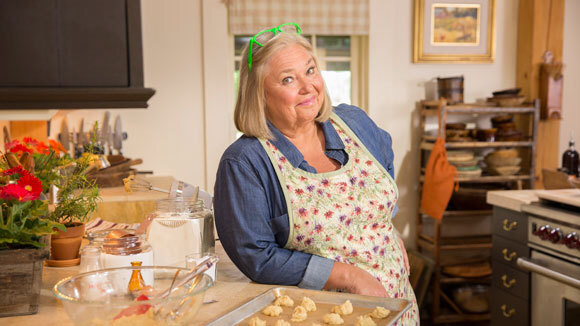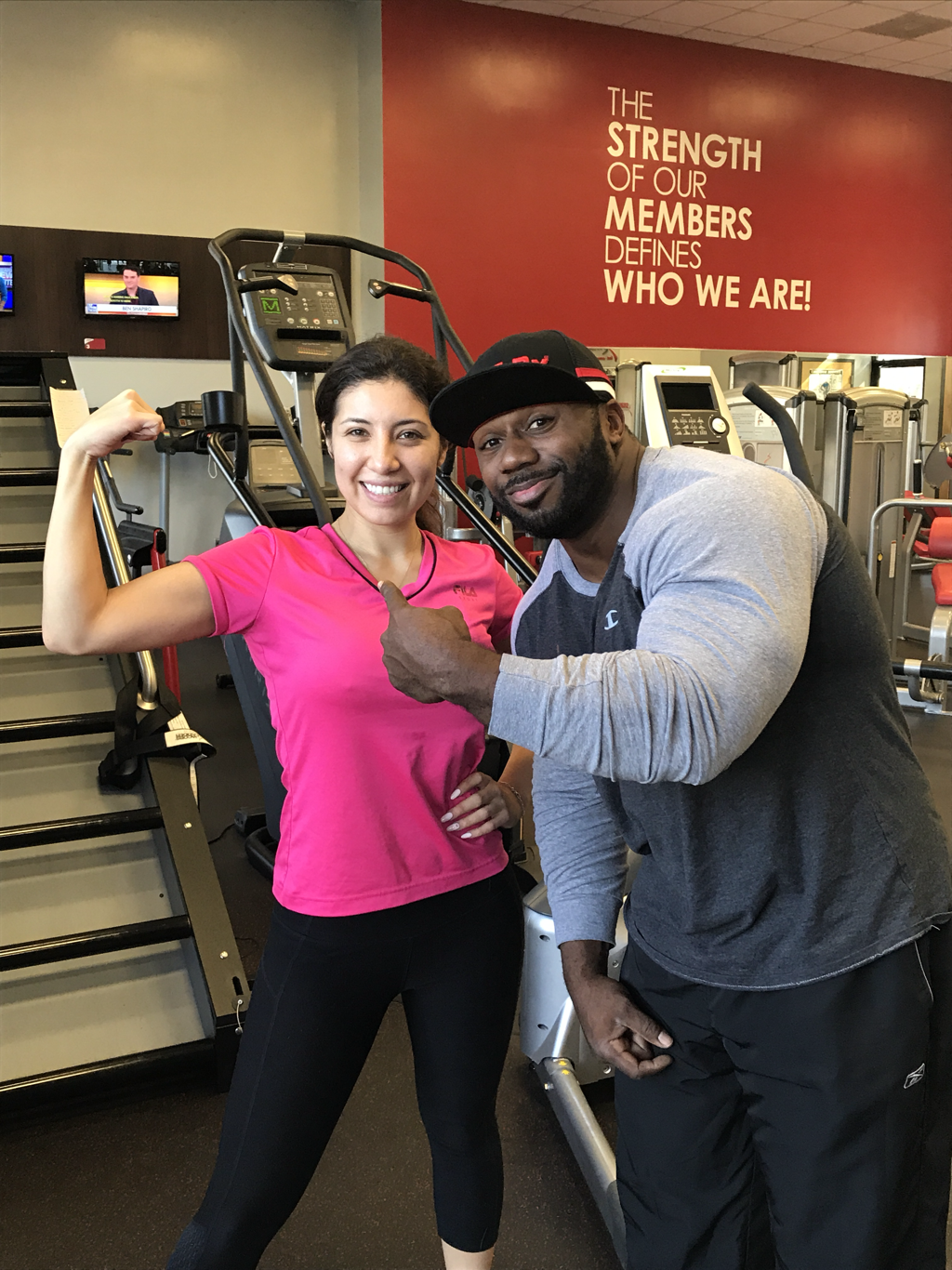|
Here are the TOP 8 Reasons Why Recomopositioning is Better than a "Weight loss" Program.RECOMPOSITION DON’T LOSE WEIGHT“Weight” is a measurement of the force of gravity pulling down on your body. So if you really wanted to lose “weight,” you could just go to Mars, where the force of gravity is so much lower that your scale weight would be about a third of what it is on Earth.
But that’s not the “weight loss” most people are looking for, because most people don’t actually care about “weight” loss. They care about fat loss. When most people say “I want to lose weight,” what they really mean is “I want to lose fat tissue.” Most people probably wouldn’t care about the number on the scale (their “weight”) if they had their ideal body type, and most people probably wouldn’t consider their weight-loss goals accomplished if they went Mars where their “weight” would technically be lower. People talk about “weight” loss because scale weight is a proxy measure for fat loss. Fat is the major source of excess body mass for most people who want to “lose weight.” Measuring fat (by DEXA scans or other body composition tools) is expensive and difficult; measuring weight is cheap and easy. So people just measure weight and assume that if they lose weight, it’s because they’re losing fat. That’s not necessarily true. “Weight” Loss vs. RECOMPOSITIONING & Fat LossTemporary “weight” loss can be from water weight, constipation, food in your stomach, or a million other factors. But there’s a more dangerous kind of “weight” loss: loss of lean tissue. If the number on your scale is regularly going down, it’s probably representing a true decrease in your body mass. But it’s not necessarily fat that you’re losing. It might be muscle. But muscle is the weight that you want to keep
Eat Enough ProteinThe most important macronutrient for losing fat instead of muscle is PROTEINIn a study I found eating more protein helped overweight men preserve more lean mass when they lost weight. The men were put on a diet that gave them either 15% or 25% of energy from protein. But here’s a huge difference that you won’t see in the abstract: the low-protein group was vegetarian; the high-protein group got meat. (The study authors never explain why on earth they would do it like that).
Want one for the ladies? Well In in this study, women were assigned to either a low-protein diet (68 grams of protein per day) or a high-protein diet (125 grams a day). Both diets had the same number of calories. Both groups lost roughly the same number of pounds, but the high-protein group lost a lot more fat and a lot less muscle. Carbs are still very important but not as ImportantOn the other hand, the amount or quality of dietary carbs doesn’t seem to matter that much, provided you’re getting enough protein. The study compared four diets in obese men and women over 45:
Of course, the amount and quality of dietary carbs might make a big difference in how much total weight you lose. So in that sense, they’re important. But if you find a carb level that works for you for weight loss, there’s no need to tweak it in search of the perfect ratio for fat loss. Another Tool to Lose Fat: ExerciseGuess what’s even more powerful than protein? Exercise. In this study, exercise helped postmenopausal women keep more of their lean mass. The exercise and non-exercise groups lost basically the same amount of weight but the exercise group lost more fat and less lean mass. This study found that exercise and higher protein consumption had additive effects in women – they kept more lean mass with protein or with exercise, but they kept the most with protein + exercise. It seems like in analyzing the studies in both male and female found that regardless of diet, adding exercise helped people keep more lean mass and lose more weight from fat instead of muscle. The study also found that exercise was specifically better for reducing visceral fat, the dangerous kind that actually causes health problems. Even without any reduction in weight, exercise reduced visceral fat by 6%. Just to be clear: this is not the same thing as saying that exercise “causes” weight loss. Exercise almost never affects weight without diet changes. But exercise does take weight gain or loss in the direction that you want to go:
Here is the DEAL!Almost everyone who says they want to “lose weight” actually wants to lose fat, not just scale weight. If you’re interested in health, this is definitely you: fat loss is the only type of weight loss that even arguably improves health. If you’re interested in looking “lean” or “toned,” this is also you. Typically, when the number on the scale goes down, you’ve lost some fat, but also some lean mass (muscle, organ mass, etc.). For health reasons and for aesthetic reasons, you probably want to keep that second number (lean tissue loss) as low as possible. Eating enough protein – around 40% of calories – can probably help. Some supplements, like BCAAs might also be useful. But what helps even more is exercise. Even though it doesn’t cause weight loss on its own, exercise is still a powerful tool for making sure that weight changes (loss or gain) go in the direction you want (fat loss/muscle gain) instead of turning into a problem (muscle loss/fat gain). Top Reasons why FAT LOSS and RECOMPOSITIONING is more beneficial than WEIGHT LOSS
Fort Mill's Top Personal Trainer Fit Emmett Get Started Recomposition for my Local Peeps http://www.fitemmett.com/recompostition.html 803-389-7600
0 Comments
How to feel great during the holidays (even if Aunt Mabel offers you too much food…)
It's such a challenge. At the very time of year when you want to look and feel your best, you are confronted with more food choices than the rest of the year combined. Depending on where you are in the world, your calorie intake might be a little different, but this is still a pretty good reference point. According to the Calorie Control Council, a typical holiday dinner can include 3,000 calories. If you include appetizers and drinks, it’s very likely around 4,500 calories in one day. So how do you enjoy the celebrations during the holidays, without feeling like you are depriving yourself of some of your favorite comfort foods? And how do you deal with the social pressure of not disappointing Aunt Mabel or your mother-in-law, when they keep trying to get you to eat food you normally avoid? The easiest thing to do is to manage your food intake all the rest of the month, AND make sure you do the other things you know will give you energy and help you feel good. Let’s start with FOOD! ● Drink 4 to 5 cups of green tea every day. It includes an antioxidant that triggers the release of fat from cells, and helps your liver turn fat into energy. Then after the tea, go work out for 25 minutes to get the full benefit. ● Every time you eat, make sure you consume both fiber and protein. They fill you up and keep your blood-sugar levels stable. ● Eat an apple every day. It’s full of fiber, which makes you feel full. ● Eat more legumes like lentils and chickpeas. They are full of protein, reduce inflammation, lower cholesterol, and make you feel full. ● If you’re feeling bloated, eat some fruit like kiwi, honeydew melon and papaya. They prevent water retention and encourage your bowels to get moving. ● Drink water. Not only to stay hydrated, but to fill up your belly so you feel fuller. Water also flushes out any excess sodium you may eat, that makes you feel bloated. ● Start each day with a healthy smoothie instead of cereal or pastry. ● If you’re eating out, instead of an appetizer and a dinner, order two appetizers. The portions are smaller, but it’s still usually plenty of food. ● Watch how much wine you consume, since there are about 120 calories in a 5 oz. glass. ● When feeling ready for a snack, reach for almonds instead of cookies or candy canes. They are full of fiber and protein, which will make you less hungry for all the other stuff. ● Eat a banana every day. There are so many benefits to eating bananas! But they include: sleeping better because of the tryptophan and magnesium; feeling less bloated because of the potassium; having a more stable blood sugar; feeling full because of the type of starch… ● Eating chocolate? Make it dark. Small amounts of dark chocolate include flavonoids that help regulate metabolism by alleviating stress. When it comes to food, the key ideas to remember are to fill up on foods and drinks that have fiber and protein, and that help relieve bloating. Activities that help you manage your weight and health ● Work out first thing in the morning, before breakfast. Since your body is already in a calorie deficit, this exercise encourages your body to use body fat as an energy source ● Do weight training activities – whether that’s using dumbbells or using your own bodyweight. It adds more muscle to your body, which helps you burn the extra food energy from your holiday meals. ● Get out and walk every day. Try to get to 10,000 steps. ● Once the sun sets, don’t eat any more food for the rest of the day. This is a type of mini-fast that helps you burn body fat ● Sleep better by getting colder. Turn the thermostat down at night. Even better, take a hot shower right before you hop into bed! ● Do interval training when you work out. That means periods of intense workouts - say, 30 to 60 seconds - followed by periods of less intense workouts. As you get stronger, increase your periods of intense activity (and that means full out exercise). ● Have a good laugh. A really good laugh. Hearty laughter helps you burn calories! ● Push away your plate when you feel 80% full. Don’t try to overstuff yourself! These types of activities can easily fit into most daily schedules. Don’t feel you have to lose all your weight in one workout! A little every day will make a really big difference by the time January 1 rolls around. ;-) Speaking of which, if you’d like to have a conversation with me about getting through the holidays and starting off the year with a health and fitness plan, please contact me right here (803)389-7600 or via Email at [email protected] Talk soon! About the Author: |
|







